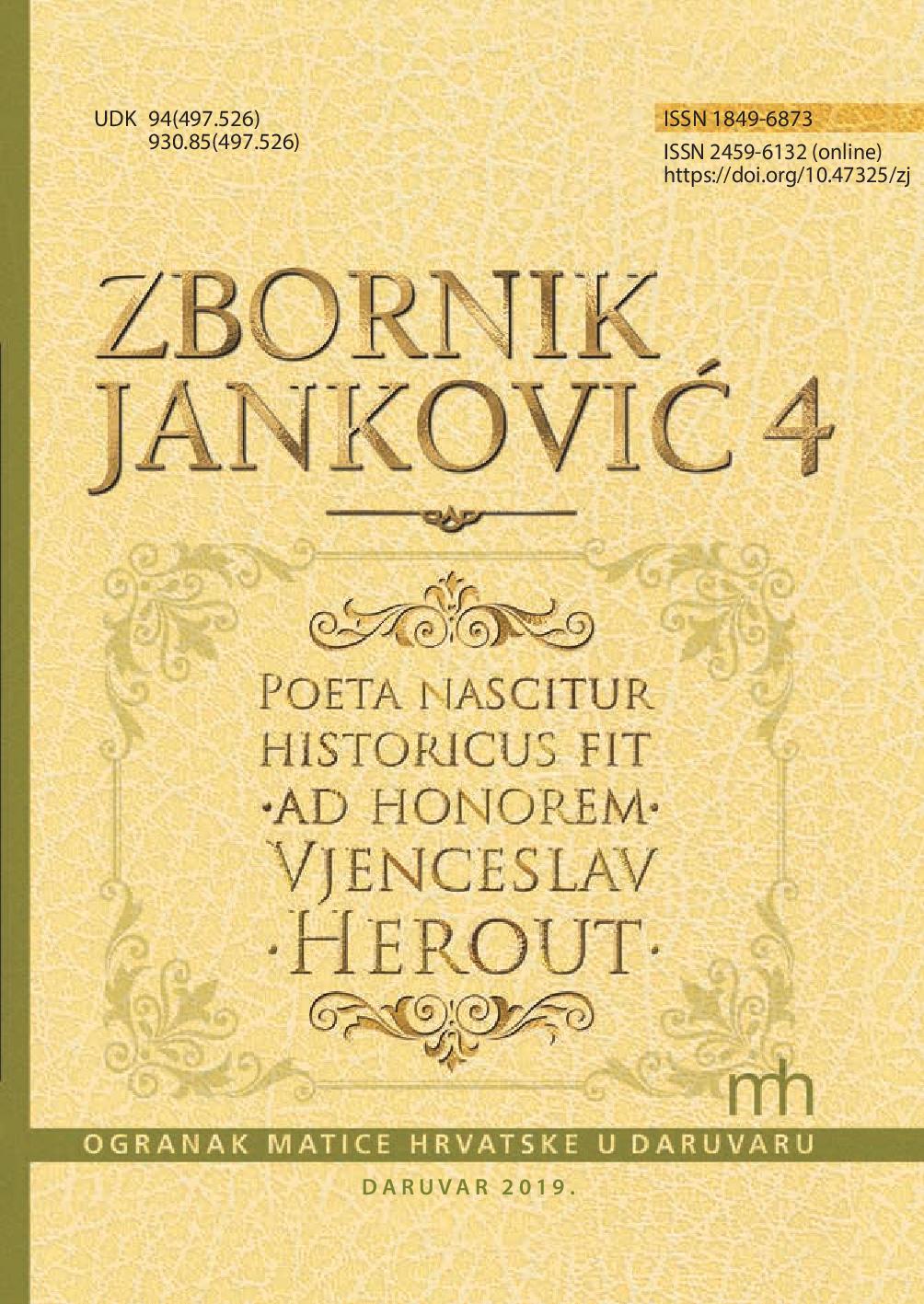ČEŠI V „DOMOVINSKÉ VÁLCE“ – SLAVONIE 1991 – 1995
Czechs in the Homeland War - Slavonia 1991-1995
Author(s): Pavel ZonaSubject(s): Military history, Transformation Period (1990 - 2010), Ethnic Minorities Studies, Wars in Jugoslavia
Published by: Matica hrvatska Daruvar
Keywords: Homeland War; Czech; Daruvar; UNPROFOR; 1991-1995;
Summary/Abstract: The author is a Czech lecturer at the department of the military academy in Brno, using this article he wanted to point out to the local people the circumstances that prevailed in a part of Croatia from the year 1991 to 1995. He believes that the local public there is still not sufficiently informed about all the war events that the members of the Czech national minority experienced living in the area of today’s Bjelovar and part of the Požeška County. Within such a frame, a large part of Czechs was temporarily part of the „SAO west Slavonia“, although most of these areas were not occupied. The author of this text knows the situation in this area well. Recently he published a book about the Czech and Slovak participation in the Second World War, where he covered the combat path of the 1st Czechoslovak brigade „Jan Žižka z Trocnova“. For him, writing about the Domovinski (Homeland) War was more demanding even though the issue is closer to him because he was a part of the Czech battalion UNPROFOR stationed in Croatia. The position of the Czech minority in Serbia (Vojvodina) significantly differed from that in other areas in which members of the Czech minority lived at the time. The author wanted to avoid all dilemmas, so he focused on describing the war in the Daruvar area. The Daruvar area has always been a great example of good coexistence between people of different nationalities. The coexistence was accepted by the Czechs hence why they were equally surprised when they were attacked by their former friends and acquaintances. They did not want a war, it was imposed on them, they could not leave their rural households because they had nowhere to go. The way out was for the younger to join the Croatian military while the older, mostly barehanded, protected what their ancestors had provided for generations. The author did not forget to mention that since September of 1991, the Czech Republic had accepted over a thousand children from kindergarten to high school age and mothers with young children from Croatia. During the first semester, classes were organized for them. Among the students were not only members of the Czech nationality but also Croatian, Serbian, and other nationalities. The war took about 50 lives of the Czech minority members, which is a large percentage of their total population. They weren’t heroes but ordinary people and victims of war!
Journal: Zbornik Janković
- Issue Year: IV/2019
- Issue No: 4
- Page Range: 579-592
- Page Count: 14
- Language: Czech

